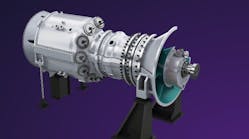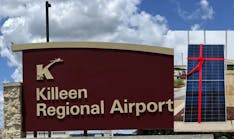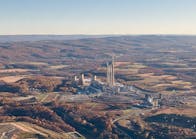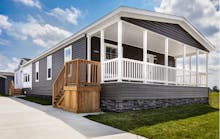New York offering $500K to $5M for Efficiency, Electrification upgrades to Existing C&I Buildings
The state of New York is pushing ahead with new incentives to scale up building energy efficiency technologies and electrification in the commercial and industrial facilities statewide.
The new C&I Accelerated Efficiency Program is the latest in the Empire State to focus on beneficial electrification and on-site building digitalized and efficiency tools to reduce carbon emissions. This new program seems “impactful energy reduction and beneficial electrification within existing facilities."
These are fairly significant pieces of infrastructure which rack up annual energy costs of at least $500,000 for industrials and $1 million for commercial entities per year, according to the New York State Energy Research and Development Authority (NYSERDA). And the awarded projects would need to install these improvements by the end of 2025.
Among those upgrades which could receive funds include energy and process efficiency projects, energy and heat recovery, geothermal and air source heat pumps, thermal load electrification, energy management systems and controls, and operations and maintenance improvements, according to NYSERDA.
Available awards range from $500,000 to $5 million. Selection will be based on ranked scores prioritizing thermal net savings per million Btus, emissions reduction, cost-effective and peak load reduction.
Individual projects might be large in scope, but the overall program is set at $10 million, according to the New York governor's office. The trick is to be focused and move relatively quickly.
"I am heartened by the increasing number of companies that are seeking ways to advance our work of creating more resilient communityes, especially those historically left behind," New York Gov. Kathy Hochul said in a statement.
On-site renewable energy, carbon capture and storage and alternative fuel projects are not eligible for this particular incentive program, but could compete for funds under NYSERDA’s Commercial and Industrial Carbon Challenge Program.
The deadline for proposals is August 31.
The state of New York is advancing various points of attack in its goal of reaching net zero carbon emissions within coming decades, despite the fact that in New York City alone buildings account for more than half of greenhouse gas emissions in that region. Some lawmakers are proposing the All Electric Building Act, which would only allow building permits to be issued from 2024 on if the project is all electric.
"The technology to build now exists to make this ambitious plan a reality,” Matthew Bremer, a native Texas who is a longtime New York architect and president of the state’s American Institute of Architects chapter, said during the webinar on the All Electric Building Act presented by advocacy non-profit Rewiring America. “All that is lacking is the willpower to get this done.”
Some western New York critics also are balking at the idea of forcing new construction to be all electric. Others are pointing out resiliency worries about fuel diversity and keeping homes safe through the power grid do down during a weather event or some other mishap on the aging transmission and distribution systems.
Globally, Organizations such as ASHRAE and building industry groups have signed onto the United Nations-related Building Industry Steps Up to Address Climate Change pledge. Overall, buildings both residential and business-related account for about 40 percent total global greenhouse gas emissions.





